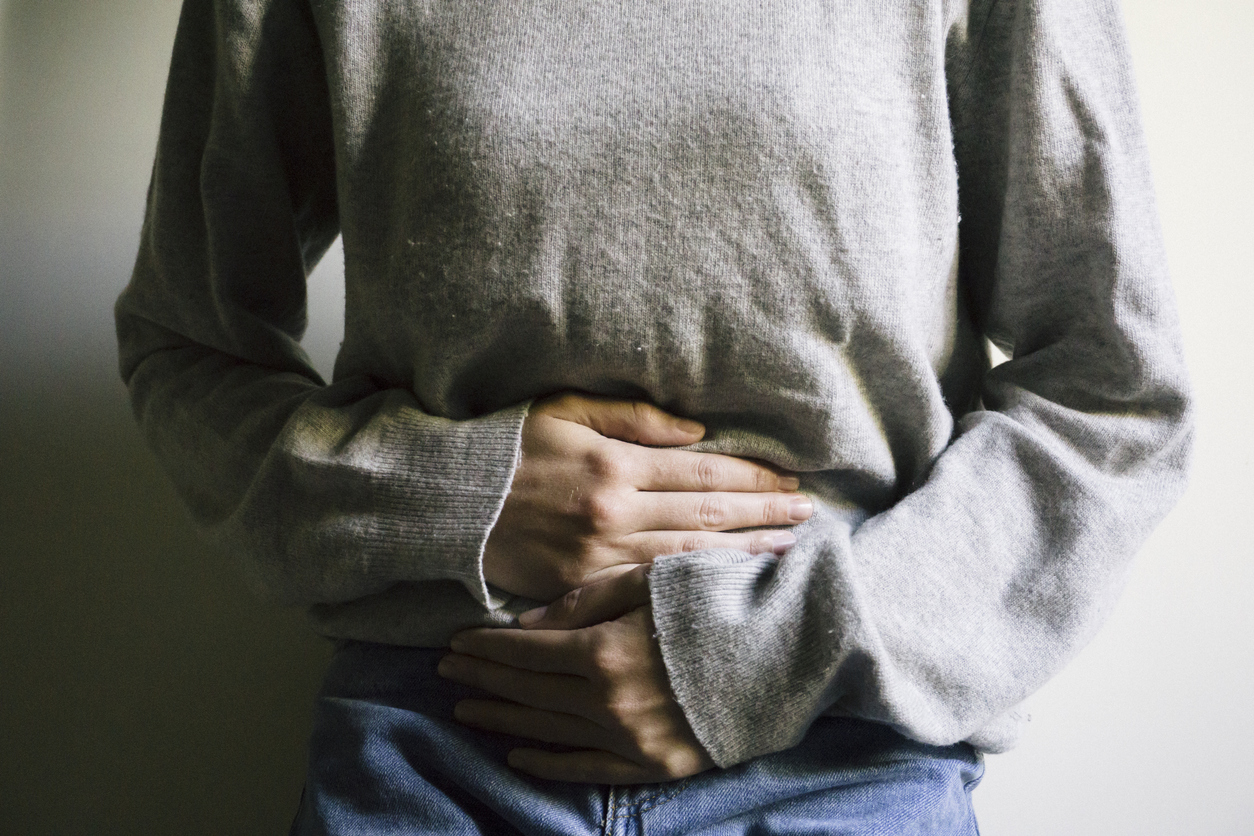Are you one of the many that struggle with getting a good night’s sleep? Many different things can cause a poor night’s sleep, but did you know that gut health is closely associated with lack of sleep? You may be wondering how these two conditions can be associated. Let’s look at how gut health and sleep are closely connected.
Gut Health and Sleep
We generally only associate our gut with digestion, however, the gut is responsible for many other functions in the body.
Hormones
Our gut is responsible for the production and release of several hormones. Two of these hormones are serotonin and melatonin.
Melatonin helps regulate our circadian rhythm and it is stimulated by food in the gut. It also regulates the production of hydrochloric acid and pepsin. How many times have you laid awake at night due to burning acid reflux?
Serotonin is the hormone that is responsible for how we feel emotionally. Low serotonin is linked to depression and anxiety, but did you know that it also affects our sleep pattern? Our gut produces approximately 95 percent of serotonin. So, poor gut health obviously decreases serotonin production which then has a chain reaction by causing problems with mood and sleep. Not only that, our brain can respond to the low levels of serotonin by sending messages back to the gut which can then trigger digestive issues such as Irritable Bowel Syndrome.
Vagus Nerve
This nerve is the longest cranial nerve in our body and it runs from our cranium to our abdomen. The vagus nerve has many responsibilities including our movements, sending commands for our heart to beat, and also stimulating movement in our gut.
The vagus nerve is like a two-way road though. The gut also uses this nerve to send signals to the brain. These signals help control our emotions.
So, What is Gut Microbiome?
Good bacteria that live inside our bodies is called our microbiome. The majority of these bacteria live inside the gut. Good bacteria is responsible for helping build a strong immune system, fights inflammation and chronic disease, keeps our digestive system running correctly, protects our brain health, and helps balance hormones.
Everything that we consume either helps build or destroy our microbiome. Some research has said that up to 90 percent of diseases can be traced back to the gut. Protecting our microbiome is essential to overall health.
Interesting Facts About The Microbiome
- Think of the microbiome as your second brain. It’s actually home to a nervous system and about 100 million neurons. This system is in constant communication with our brain (and central nervous system) to help regulate hormone production, appetite, digestion, the immune system, and even mood and stress responses.
- Melatonin is actually also produced in the gut! Our intestinal microbiome also produces and released other sleep-influencing neurotransmitters, like dopamine and GABA.
- Our individual microbiome will usually be a result of genetics, along with environment and diet.
- Just like sleep, our microbiome is regulated by circadian rhythms! And when our rhythms are disrupted, our microbiome also suffers. Our microbiome’s health can also be disrupted by stress, illness, poor diet, and even taking too many antibiotics.

How to Improve Gut and Sleep Health
Improving gut health is vital when trying to achieve a healthy sleep pattern or improve overall health. Attempting to take medications or supplements without healing the gut will not lead to long term success. The root cause should always be addressed regardless of what treatment option is chosen. Now, that you see the importance of gut health, here are some steps that you can take to achieve a healthy gut microbiome.
Avoid foods that promote inflammation such as:
- Refined oils like canola, vegetable, or corn oils
- Refined carbohydrates
- Sugar
- Trans fats and hydrogenated foods
Here is a list of things to add to your diet to help reverse poor gut microbiome and increase healthy bacteria:
- Fruits and vegetables
- Healthy fats such as avocado oil, coconut oil, and grass-fed butter
- Probiotic food such as kefir, sauerkraut, no-sugar added yogurt, or kombucha
- Wild-caught fish
- Anti-inflammatory spices such as turmeric, garlic, and ginger
You may want to also consider adding a high-quality probiotic supplement to increase good bacteria in the gut, especially if you have been on many antibiotics in the past or have recently completed an antibiotic. While antibiotics may be helpful at times, they wipe out ALL bacteria, both good and bad. It’s vital for gut health to maintain a healthy gut microbiome and this requires billions of good bacteria to be present.
Exercise can also be beneficial to not only the gut microbiome, but it can also help with sleep. Regular exercise reduces anxiety and stress which many times cause insomnia.
By improving your diet, taking a high-quality probiotic, and adding an exercise routine, you begin healing your gut health and improving your sleep.
Related Article: Calling all you ‘clean’ eaters, exercise advocates & overall healthy women doing the right things for your body using practical wisdom and proven methods. Are you watching what you eat as a lifestyle and moving your body daily but still experience difficulties with lack of energy, brain fog, or depression? Now that we have looked at how gut health and sleep are connected, let’s look more at the gut-brain axis and how it affects mental health.







